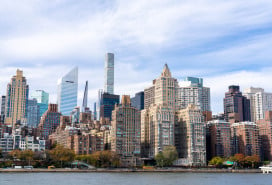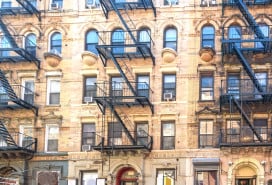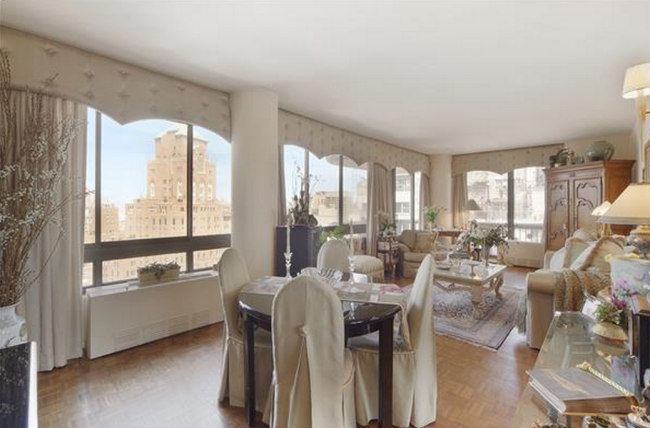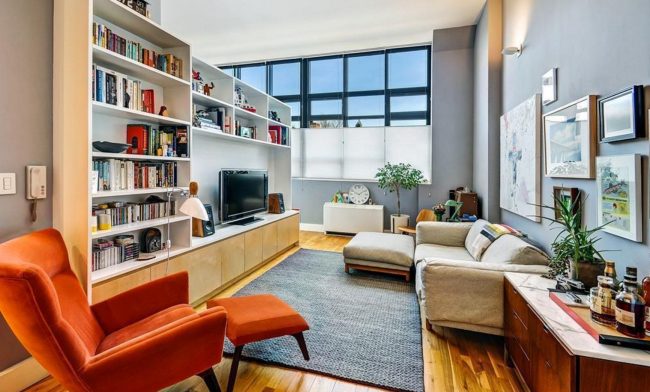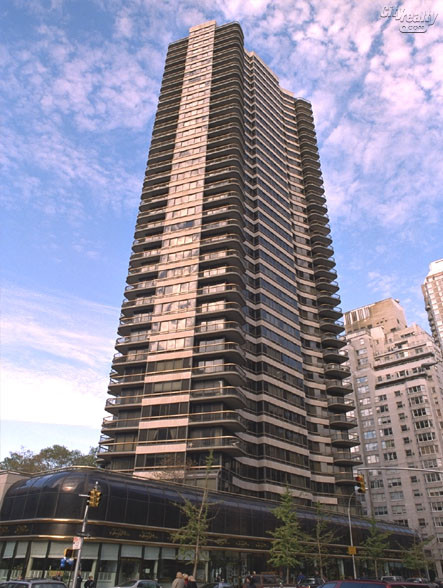Brick Underground's best advice about buying in a landlease building

A landlease building can work for the right buyer, but you have to do your homework.
Landlease. If you are familiar with this term, you’re likely already fairly deep into a search for a New York City apartment. (Either that, or you’re probably a real estate lawyer, developer, or already live in a landlease building.)
Landleases are not for the faint of heart, and some people will tell you to avoid them at all costs. But that’s not completely fair: Not all landleases are the same, and (obviously) not all buyers are the same. Depending on the details of a landlease and your particular needs and circumstances, buying in a landlease building can be a way to buy an apartment for less. But if an apartment in a landlease building catches your eye, being fully educated on the details of the lease, and how they will impact you in the years to come is essential.
Landlease buildings represent a small fraction of buildings throughout New York City, with about 100 located in Manhattan—our president is a fan—and typically, landleases are more common in co-ops. (Co-ops are traditionally more affordable than condos, and so co-ops in landlease buildings can often garner attention from budget-minded buyers thanks to extremely competitive listing prices, lower in large part to offset the higher common charges that come with a landlease.)
As we’ve reported, landlease condos used to be more of an anomaly, and you could only really find them on Roosevelt Island and in Battery Park City. However recently, more than a few new, luxury condo developments are landlease buildings, including Brooklyn’s Pierhouse and 1 Brooklyn Bridge Park.
The true unicorn of NYC landlease buildings? Brooklyn Point, which has a landlease, but, because developer Extell pre-paid the purchase option, buyers face no threat of sudden, or dramatically increased common charges. The building is technically a co-op, but operates as a condo, with no board approval, no restrictions on financing, and a 421-a tax abatement. When the landlease is up, the co-op has the option to pay the landowner, which is the City of New York, just $1, and could technically convert to a condo building.
Ari Alowan Goldstein, senior vice president of development at Extell, says potential buyers do raise the landlease question when looking at the building.
"People do ask about it, and it's an education process with them and their attorney. We've found that once we give them the explanation, they're very excited." The development is currently the fastest-selling building in the Extell portfolio.
Is buying in a landlease building for you? We’ve rounded up all Brick's intel on landlease buildings so you can consider the good, the maybe not so good, and the potentially very ugly prospect of getting involved in one of New York City’s more unusual real estate situations.
Know what one is—and how to assess risk factors
Different landlease factors influence the degree of concern you should have when evaluating a landlease apartment. Know what to look for.
Are you a good “candidate” to buy in a landlease building?
For a side-by-side case study, check out this look at buying a co-op in a landlease building, versus in a “regular” co-op.
How much of a "discount" will you get?
Yes, apartments in landlease buildings can be considerably cheaper than those in those without landleases. Here’s how much, and why.
Some people do it, and have no regrets.
Here’s another, in which a real estate lawyer buys not one, but two apartments in a landlease building to create a dream space that would otherwise be out of his reach.
But make sure you consider the worst case scenario.
You Might Also Like






